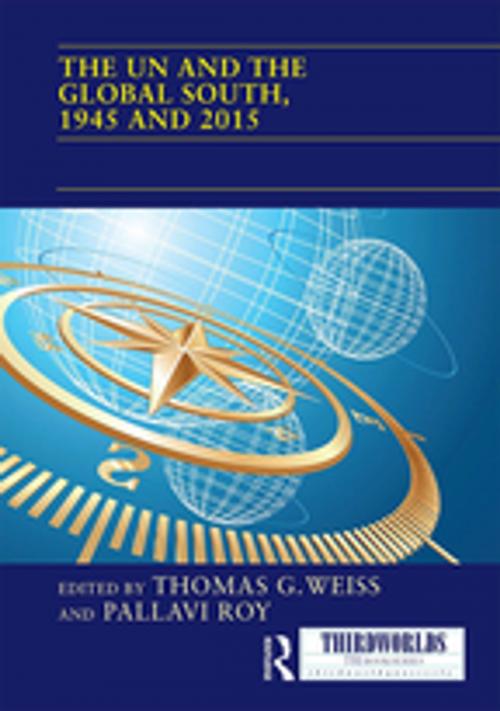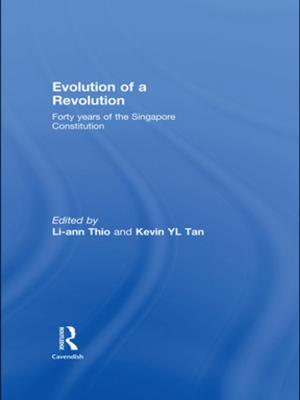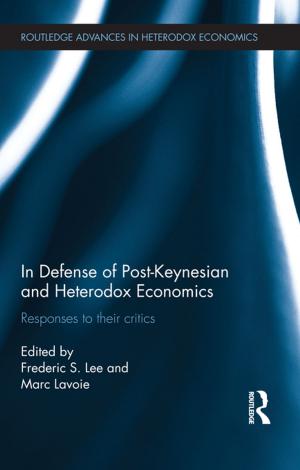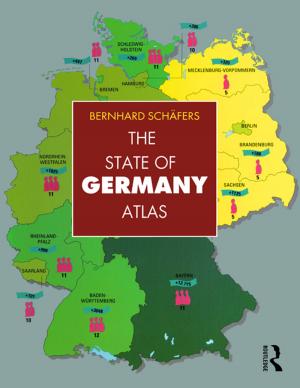The UN and the Global South, 1945 and 2015
Nonfiction, Social & Cultural Studies, Political Science, Government, Democracy, International, International Relations| Author: | ISBN: | 9781315309279 | |
| Publisher: | Taylor and Francis | Publication: | April 19, 2018 |
| Imprint: | Routledge | Language: | English |
| Author: | |
| ISBN: | 9781315309279 |
| Publisher: | Taylor and Francis |
| Publication: | April 19, 2018 |
| Imprint: | Routledge |
| Language: | English |
There is a woeful neglect of the current United Nations in the academic and policy literatures, and so it is unsurprising that an examination of that multilateral structure before 1945 shows an even more egregious absence of analytical attention. Such ignorance conveniently ignores the forgotten genius of 1942–1945, namely in the wide substantive and geographic relevance of multilateralism during the World War II and in the foundations for the contemporary world order. The wartime and immediate post-war United Nations was not simply dictated by the US State Department, Whitehall, and the foreign ministries of the West—even a generation before decolonisation had proceeded apace and two-thirds of UN member states moved into the limelight as erstwhile colonies. These essays interrogate the extent to which anti-colonialists and other nationalists resisting imperial rule embraced the promise of a rule-based world order as a normatively and operationally valuable projection in 1945. They critically review the worlds of 1945 and 2015, of then and now, to determine the role of continuity and change, of the continuing bases for compromise and for the clashes between the Global South and North. This book was previously published as a special issue of Third World Quarterly.
There is a woeful neglect of the current United Nations in the academic and policy literatures, and so it is unsurprising that an examination of that multilateral structure before 1945 shows an even more egregious absence of analytical attention. Such ignorance conveniently ignores the forgotten genius of 1942–1945, namely in the wide substantive and geographic relevance of multilateralism during the World War II and in the foundations for the contemporary world order. The wartime and immediate post-war United Nations was not simply dictated by the US State Department, Whitehall, and the foreign ministries of the West—even a generation before decolonisation had proceeded apace and two-thirds of UN member states moved into the limelight as erstwhile colonies. These essays interrogate the extent to which anti-colonialists and other nationalists resisting imperial rule embraced the promise of a rule-based world order as a normatively and operationally valuable projection in 1945. They critically review the worlds of 1945 and 2015, of then and now, to determine the role of continuity and change, of the continuing bases for compromise and for the clashes between the Global South and North. This book was previously published as a special issue of Third World Quarterly.















